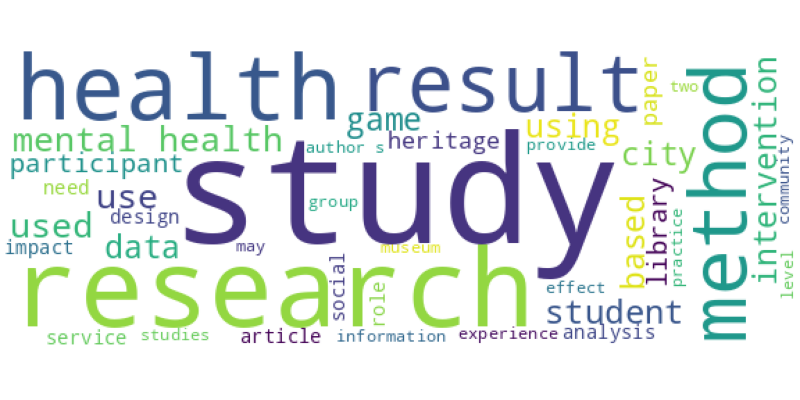| Id | 2474 | |
| Author | Byeon G.; Park J.E.; Jeon H.J.; Seong S.J.; Lee D.W.; Cho S.J.; Chang S.M.; Kim B.S.; Hahm B.J.; Hong J.P.; Park J.-I. | |
| Title | Associations between game use and mental health in early adulthood: A nationwide study in Korea | |
| Reference | Byeon G.; Park J.E.; Jeon H.J.; Seong S.J.; Lee D.W.; Cho S.J.; Chang S.M.; Kim B.S.; Hahm B.J.; Hong J.P.; Park J.-I. Associations between game use and mental health in early adulthood: A nationwide study in Korea,Journal of Affective Disorders 297 |
|
| Link to article | https://www.scopus.com/inward/record.uri?eid=2-s2.0-85118490149&doi=10.1016%2fj.jad.2021.10.064&partnerID=40&md5=220ad463e90dd7c10d34ec686f97392c |
|
| Abstract | Background:: The number of digital game users is increasing, and so is attention to digital gaming's effects on mental health. We aimed to reveal if risky (game addiction) and usual game use (non-risky) are associated with mental health in early adulthood. Methods:: Using data from the nationwide cross-sectional Korean Epidemic Catchment Area study for psychiatric disorders, 415 participants aged 18–30 years were divided into “non-game,” “usual game,” and “risky game” user groups based on the previous month's game use and cut-off value of game overuse screening questionnaire. Multiple linear and logistic regressions revealed the association between game use groups, perceived mental health, and lifetime prevalence of clinical mental disorders including suicidal ideation. Results:: Among the 415 participants, 167 were non-game users, 175, usual game users, and 73, risky game users. Risky game users self-reported decreased satisfaction and happiness, and a significantly higher lifetime prevalence of major depressive disorder, alcohol dependence, and suicidal ideation. Usual game users were significantly associated with higher lifetime prevalence of alcohol dependence and suicidal ideation. Self-reported happiness partially mediated between game use and lifetime suicidal ideation in risky, but not usual game users. Limitations:: This study is a cross-sectional observational study which was not possible to define the temporal relationship. Conclusions:: Both risky and usual game use are associated with mental health problems in early adulthood, indicating the need for careful mental health screening on not only risky game users but also usual game users. © 2021 |
|
| Keywords | Adult; Cross-Sectional Studies; Depressive Disorder, Major; Humans; Mental Health; Republic of Korea; Risk Factors; Suicidal Ideation; adult; adulthood; alcoholism; Article; catchment area; controlled study; cross-sectional study; female; game addiction; human; lifetime prevalence; logistic regression analysis; major clinical study; major depression; male; mental disease; mental health; observational study; suicidal ideation; epidemiology; major depression; risk factor; South Korea |
Wordcloud:



